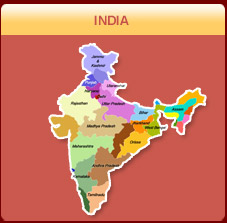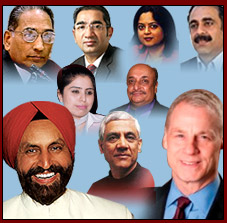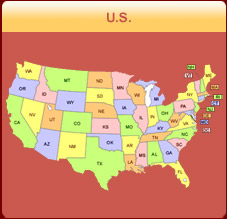


Recent articles and readings Get the low-down on key readings – following are some insightful articles on U.S. – India relations published in last few weeks...more



What could Obama and Singh talk in private?
When President Barack Obama and Prime Minister Dr. Manmohan Singh meet in private what could and must they discuss?
In private, what should Singh tell Obama?
1. In case of any next terror attack in India, India may have no choice and may be forced to retaliate. Pakistan is a failed and dangerous state on our borders, and India cannot afford to compromise and sacrifice its economic development.
2. India will not compromise its boundary on Kashmir. China and Pakistan must vacate the occupied regions. Only then India will talk re any wider solution of Kashmir.
3. U.S. policy towards Pakistan is viewed with concern in India. Pak army must eliminate the 150 terror camps that threaten U.S., Afghanistan, Pakistan, and India.
4. U.S. withdrawal from Afghanistan must not create undue space for China. A power vacuum will easily allow China to make Afghanistan and Pakistan its client-states.
5. U.S. must press and halt the China-Pakistan nuclear nexus. The proliferation axis of Pakistan-China-Iran-North Korea must be dismantled.
6. U.S. must support India for permanent seat at UNSC. India will be a strong partner to address world challenges – terror, energy, food security, poverty reduction, etc.
7. U.S. must not exert undue pressure on India regarding Iran. In fact India’s relations with Iran can help the U.S. and world to bring Iran in global mainstream.
8. U.S. must encourage American companies to develop products and technologies suited for Indian market. Thereby creating jobs in America, and solutions to India.
In private, what is Obama expected to tell Singh?
1. India must help to create security in Af-Pak. India must share political intelligence and goodwill in Afghanistan to help the U.S. create security and a political framework so that U.S. forces can withdraw by summer of 2011.
2. What are the hurdles to the issue of Kashmir? Will India agree to a plebiscite per the UN resolution, if Pakistan and China vacate occupied Kashmir? We both need a solution to the Kashmir issue in order to bring security to this region.
3. India must increase defense cooperation, and interoperability of forces to ensure preparedness for regional and global challenges. State of the art technologies from the U.S. will protect India and give both countries extended power projections.
4. The U.S. has elevated our strategic partnership with India to unprecedented levels. We believe in atoms for peace and trust – our nuclear deal with you is a testimony. Can India clarify the last-legs of liability legislation, so that U.S. companies can supply the technologies needed by India?
5. A major concern of my presidency is to reduce global threats of nuclear proliferation. We will support your membership in various global nonproliferation regimes – NSG, MTCR, Wassenaar Agreement and such.
6. Energy is the engine of economic development. But it is accompanied with concerns on climate change. Instead of metrics like per-capita or per-country emissions, how can we partner to reduce this danger to all of us, and coordinate our stances in global negotiations?
7. In the 21st century, the publics and markets of Asia will make significant progress. India must beef up and grow its bilateral and multilateral relations with East Asian countries.
8. The current and historical financial crisis requires a re-alignment of currencies. Dr. Singh, as an accomplished economist you will appreciate that. How can the U.S. and India partner to align global currencies.
9. To promote bilateral trade and investments between the U.S. and India, we have companies in the retail, insurance, banking, and defense sector who would like to invest in India. What are the blocks, and why don’t you enable U.S. investments in these sectors?








